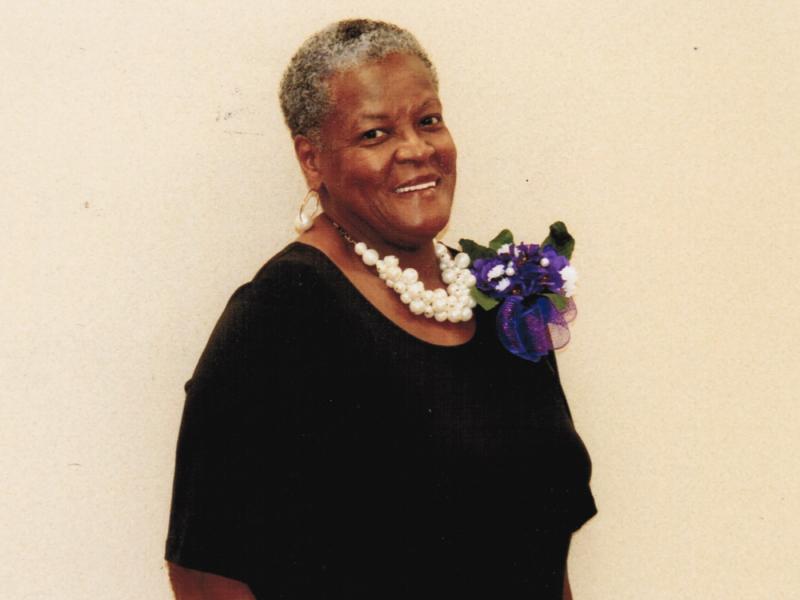Waynne Paskins’ life experiences span local desegregation
Waynne Paskins has lived in Rehoboth Beach long enough to remember a time before West Rehoboth was called West Rehoboth.
When she was growing up, it was never called West Rehoboth, said Paskins. It was just a thriving community where a lot of the local Black families lived, she said.
Paskins recently participated in a Rehoboth Beach Museum program called In Their Own Words. She recounted her childhood experiences growing up in Rehoboth and her professional career as a teacher at Rehoboth Elementary School. The online presentation took place Feb. 18, and more than 70 people listened.
Paskins was born at her parents’ home off Country Club Road in 1943. Some of her earliest memories are of spending time at her aunt and uncle’s house in West Rehoboth while her parents were at work. Her mother worked for a long time at the Dinner Bell Inn, and Paskins said she was famous for her rolls. Her father worked a number of different jobs, including at the Dinner Bell Inn and Fort Miles.
Paskins went to Rehoboth Elementary School 200c, one of 89 schools for Black children built by Pierre S. du Pont across the state, from first through sixth grades. For most of her time at 200c, there was one teacher for all six grades of the one-room school, and Paskins said she can remember answering math problems asked of older kids.
It was quite interesting, she said.
After she finished sixth grade, Paskins moved on to William C. Jason Comprehensive High School in Georgetown. It was the only high school for Black kids in Sussex County. Paskins said when she attended, it was during the separate-but-equal period of American educational history.
Paskins said the teachers did the best they could, and the Black students were separate from their white counterparts, but it wasn’t equal. She remembered having used school books that were scribbled in from when the white students had them first.
That said, Paskins thought there was at least one benefit to going to high school in Georgetown – she made friends with kids from all over the county. To this day, those are some of her closest friends, she said.
Following high school, Paskins got her undergraduate degree at Delaware State College, which is now Delaware State University, and then her master’s degree from University of Delaware. Paskins was one of the first Black teachers hired at Rehoboth Elementary School. She said some parents didn’t want their white child being taught by a Black woman, but she credited school administration with supporting her.
Paskins said she knew teaching was her calling from an early age.
“I thought I had something to give,” she said, an understatement for a decades-long career.
Similar to now, during the summer months, people from all over flocked to Rehoboth to work in the hospitality and food industry. However, instead of college-age students from foreign countries, it was mostly young Black people from other states. Paskins said they were called “roomers'' because they would rent a room to stay in, and they came from the Carolinas, Florida, Virginia and other places.
“Kids came from all over. It was a great time,” she said.
Paskins said she remembers going to the Crow’s Nest, at the north end of the Boardwalk. It’s where all the Black people gathered on Thursdays, she said.
Many relationships were formed while the kids sat and talked, said Paskins.
In addition to the Crow’s Nest, Paskins said she spent time participating in city-sponsored dances on the Boardwalk and at the 400 Club in West Rehoboth. It wasn’t called West Rehoboth then, but she said she and her twin brother thought they were hot stuff when they had their 16th birthday party at the club.
The program lasted nearly an hour and throughout, it was clear Paskins had developed a look-at-the-bright-side mentality growing up. For example, Paskins said her dad liked taking her to the movies, but they were made to sit in the balconies of the local theaters. It was discriminatory, but they were also the best seats in the house, she said.




















































